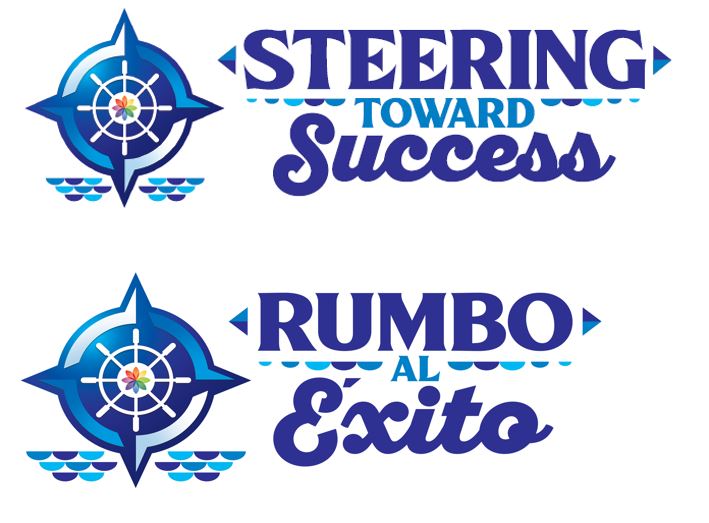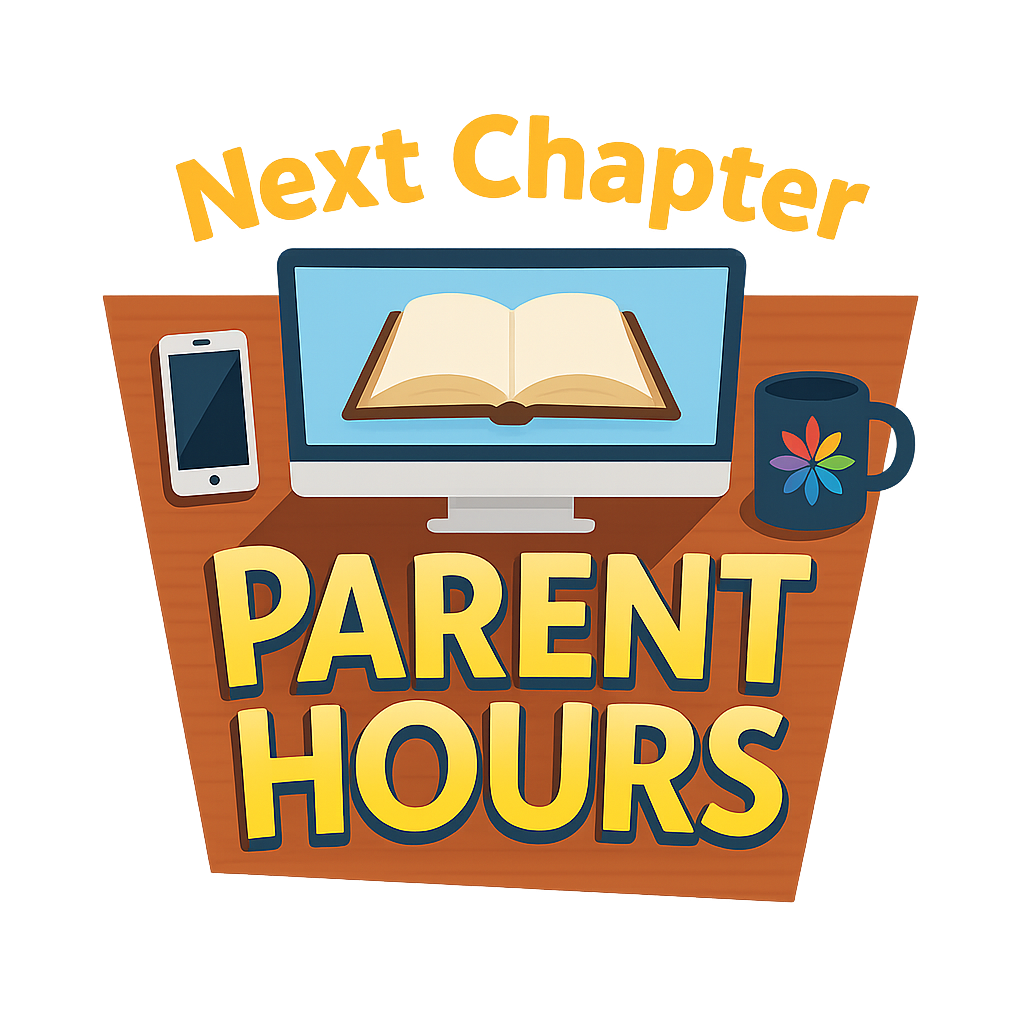Transition Age Youth
Share this page:

Preparing for life after high school? You’re in the right place. This section of the EFRC Learning Library is for families of transition-age youth—typically ages 16 to 22—who have disabilities. These years mark a major shift from school-based services to adult life, and they require thoughtful planning around education, employment, independent living, and access to adult services.
As youth approach age 18, they gain the legal right to make their own educational and medical decisions, unless other arrangements are in place. We can help families understand options for supported decision-making, powers of attorney, and other alternatives to conservatorship, so families can make informed choices that respect autonomy while ensuring appropriate support.
Do you have questions? Feel free to reach out to us at EFRC. Not only do we have professional training in disability service navigation, but all of us who support families directly are parents of children or adults with disabilities. We have walked a similar road. You are not alone.
Links | Transition Age Youth
- Resources for Transition Planning in San Diego and Imperial Counties (curated Padlet)
- A Guide to Adult Services | Alta Vista Regional Center (excellent overview of adult services in general)
Department of Rehabilitation (DOR) Student Services (help with training, job counseling, and supports)
Living Options | CA State Council for Developmental Disabilities (covers both children and adults)
Get Support
IEP Training
Transition Topics

Learning Library Resources | Ages 16-22

Individual Program Plan Basics
Learn how the new standardized IPP works, what’s required, and how to prepare for meetings that truly reflect your child’s or family member’s goals.

Parents Reflect on Residential Placement (Spanish available)
Four lessons from parents who’ve been there—insights to help you prepare emotionally and practically for your loved one’s transition to residential living.

Rights of Regional Center Consumers in Residential Placements (Spanish available)
Learn about the personal rights of people with developmental disabilities in Regional Center–funded homes, and how families can advocate for respectful, person-centered care.

Moving into a New Residential Placement (Spanish available)
This short video explains how moving into a residential home affects daily life, services, and supports—and how families can prepare.

What are Residential Placements Like? (Spanish available)
Learn what residential placement really looks like—from how homes operate to what families can expect and how to stay involved every step of the way.

Finding a Residential Placement Fit (Spanish available)
Learn what to expect when exploring residential options for a loved one with developmental disabilities—and how to start the process early for the best match.

Getting Help from the Department of Rehabilitation (DOR) (Spanish available)
Learn how California’s Department of Rehabilitation (DOR) helps teens and adults with disabilities prepare for college, training, and employment—with real examples of how to access services.
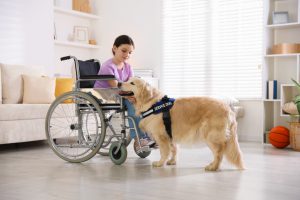
Smart Spaces: Making Your Home Fun & Functional
Learn how to design safe, sensory-friendly, and functional spaces for children with disabilities—on any budget—with artist and advocate Emily Dolton.
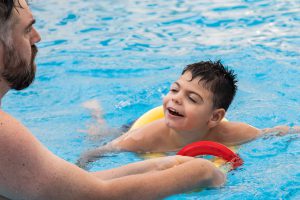
Water Safety
Expert swim coach shares practical water safety and swim lesson tips for children with disabilities, with San Diego and Imperial County resources.

Will There Be an Interpreter at Your Child’s IEP Meeting?
Learn how to work with professional interpreters in IEP meetings to ensure your voice is heard and your child’s needs are clearly understood.

Managing School Transitions
Learn how to create a portable IEP that ensures your child’s services continue smoothly when changing schools, with practical tips for every step of the move.

Applying to SSI: Tips from Disability Rights California
Learn how the SSI process works for children and adults with disabilities, what information to include, and how to clearly document real limitations to support an accurate eligibility decision.
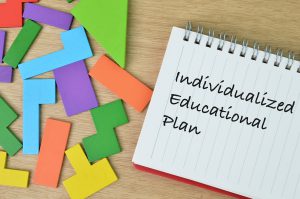
Individualized Education Plan (IEP) Basics
Learn how to become a confident IEP team member. This foundational training covers special education law, evaluations, eligibility, and how to meaningfully participate in IEP meetings.
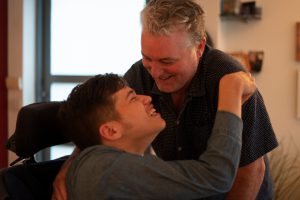
In-Home Supportive Services (IHSS): What to Know (Spanish available)
A plain-language video guide on In Home Supportive Services (IHSS) for families in San Diego and Imperial Counties—what it is, who qualifies, how to apply, and how to get the right support at home.

Procedural Safeguards: What to Know
Learn what your special education rights really mean—and how to use them when it matters most. This parent-friendly training covers procedural safeguards, dispute resolution options, and practical tips for navigating IEP challenges in San Diego and Imperial Counties.

All About CalABLE (Spanish available)
Learn how CalABLE empowers Californians with disabilities to save and invest without losing SSI or Medi-Cal benefits.

Beyond the Basics of IEPs (Poway Unified School District)
Get a parent-friendly walk-through of Poway Unified’s IEP form—demystifying common IEP provisions one section at a time — so you can participate with clarity and confidence.

Centering the lived experiences of people with disabilities
San Diego author Jennifer Gasner shares her journey with Friedreich’s Ataxia in this heartfelt Disability Pride Month book talk—exploring identity, family, and what it means to belong.

What happens when my disabled child turns 18? (Spanish available)
Turning 18 is a major milestone that affects disability-related services. Learn how to protect benefits, plan for the future, and support decision-making in adulthood.

Stuck on a waiting list?
Waiting for an evaluation, diagnosis, or therapy can feel like everything is on hold. But there are still things you can do. From checking for cancellations to exploring community-based programs and building supportive connections, there are steps you can take now.

Requesting an Assessment for Special Education
If your child is having a hard time in school—whether it’s focusing, learning, or connecting with others—you might be wondering if there’s something more going on. Asking the school for a special education evaluation can be a powerful first step.

Has your child been found ineligible for Regional Center services?
Getting a “not eligible” letter from the San Diego Regional Center (SDRC) can feel discouraging—especially when you know your child has real needs. But this isn’t the end of the road.

Applying for Regional Center services after age 3
If you’re noticing delays or facing a new diagnosis, understanding the Regional Center process after age 3 can be confusing. This guide explains what to expect, what to prepare, and how to get support—so you’re not navigating it alone.

